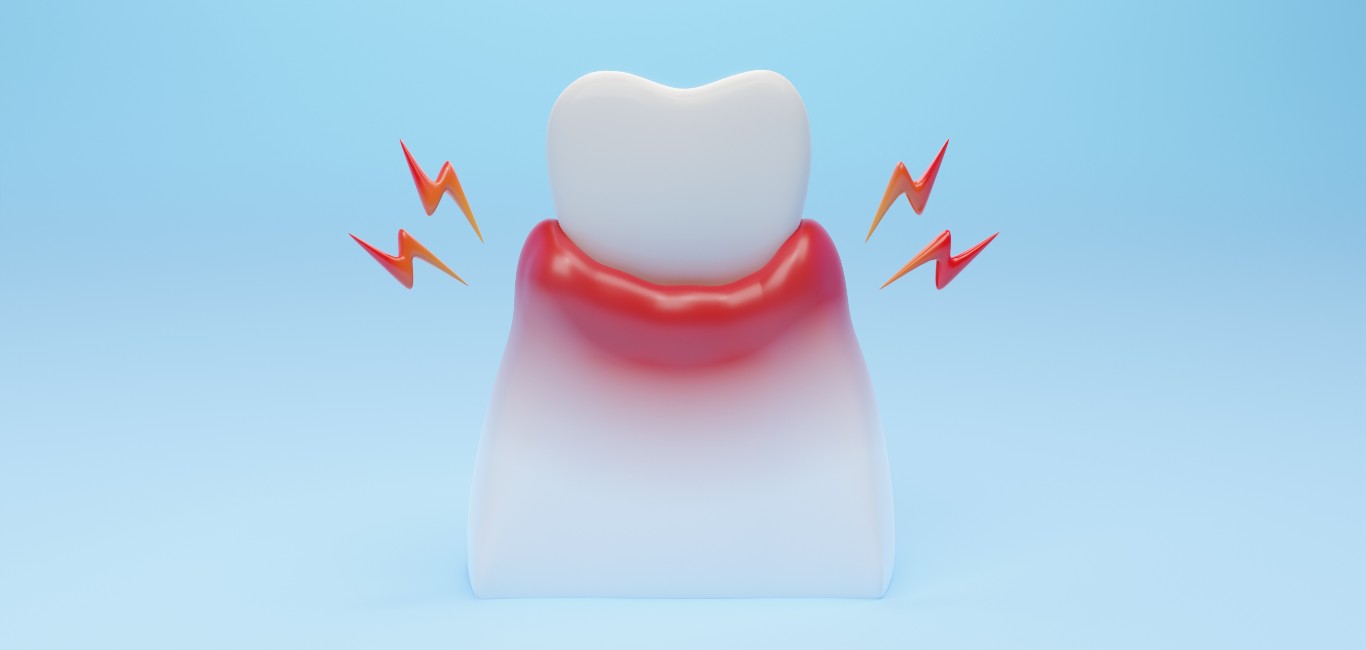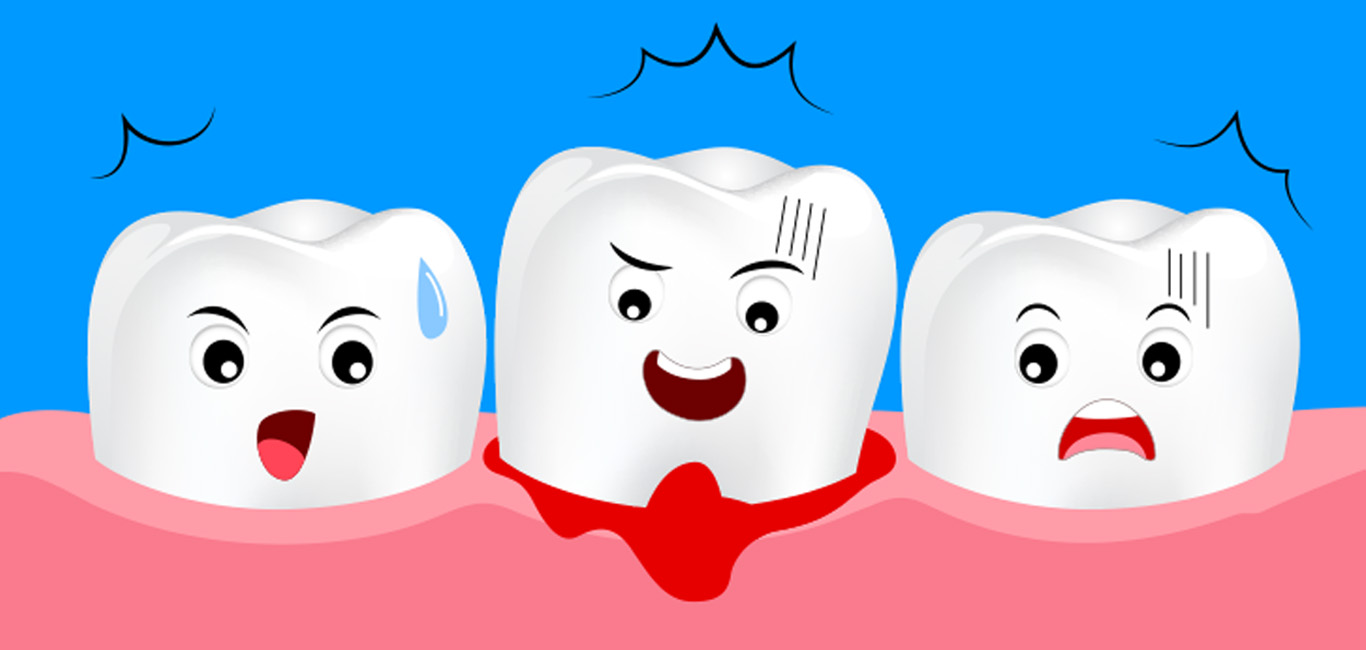
The Oral Health India 2022 survey published by World Health Organization says that 28.8 per cent of the population above 15 in India has untreated cavities, one of the most common causes of gum diseases. Cavities also result in inflammation of the gums and supporting structures of the teeth.
Dr Sathyasri S, a dentist from Coimbatore, Tamil Nadu, says, “If the cavity spreads deeper into the tooth layers, the infection affects the nerves and blood vessels of the tooth and may result in pus formation.” The affected tooth may have a swollen bump on the gums.
Sriram S, 26, a graphics designer from Coimbatore, had a similar experience with cavities in his teenage. The condition gradually worsened over time. He recalls, “When I was studying in high school, I noticed a small cavity in the upper last tooth on the right.” He neglected it.
“After a few years, I experienced pain in the tooth. My gums were swollen,” he adds. The pain and discomfort were so unbearable that he could not concentrate on his work. Realising the seriousness of the situation, he finally consulted a dentist.
However, by then the cavity had spread deeper and caused an infection. It affected both the tooth and the surrounding gums. The dentist cleaned his cavities and treated his infection.
Although Sriram saved his tooth, the gum infection gave him almost a week of discomfort and pain which he could have averted by seeing a dentist early.
The food and gum connection
A 2022 study published in the National Center for Biotechnology Information, United States, says vitamin C deficiency is caused when one does not consume foods rich in vitamin C for up to 8-12 weeks. The condition manifests as bleeding and swollen gums with loss of teeth.
According to the information provided in the National Center for Biotechnology Information, the problems causing gum swelling include diabetes, smoking, hormonal fluctuations during pregnancy and menstruation, a weak immune system and certain medications taken for heart and neurological conditions.
Read more here about oral care for individuals with diabetes.
Dr Sathyasri says, “When gums become weak, it creates a 1-2 mm space between the tooth and the gums. While chewing, food particles may get stuck in this space and cause gum inflammation.”
Underlying factors for gum swelling
Dr Nehrthika K from Namakkal, Tamil Nadu, further mentions the following factors:
- Plaque and tartar (yellow deposits) build up along the gum line and cause mild gum swelling.
- People with diabetes are prone to gum infections.
- Children who do not maintain oral hygiene and when their cavities or deposits are not managed can face gum swelling.
- Using toothpicks regularly after eating to remove food particles stuck between teeth damages the gums and may cause inflammation.
Signs of gum infection
According to the National Institute of Dental and Craniofacial Research, swollen, red and bleeding gums are the first noticeable signs of a gum infection.
Dr Sathyasri says, “The individual may have teeth sensitivity or pain while consuming cold food, or pain during night.”
The cavity gradually worsens over time and the infection causes abscess (pus). One may also experience facial swelling. The pus mixes with saliva and causes a fowl taste and bad breath.
Experts say that severe gum infections affect and disrupt the supporting bones of the tooth. If the abscess is not treated, it turns into a cyst and recovery takes a long time. In such cases, the swelling becomes firm and hard.
Read more here about bleeding gums.
Managing swollen gums
Dr Sathyasri and Dr Nehrthika suggest the following measures to deal with swollen gums:
- Gargling with warm saline water or mouthwash provides temporary relief. However, it may not help in case of severe infections.
- Deep cleaning of teeth by the dentist to remove the hard deposits over the gum line.
- Vitamin C supplements to manage the deficiency.
- Root canal treatment may be considered for deep tooth cavities.
- Cleaning of the pus discharge in case of abscess; taking prescribed antibiotics and painkillers.
- Removal of tooth in case of damage and infection.
- Do not keep cloves over the infected tooth or gums as it irritates the gums and triggers infection.
Dental care
Addressing the dental issues at the earliest can keep them from getting severely affected. Consult your dentist if you experience symptoms of dental cavities – such as sensitivity, pain while chewing or sleeping, and also if you notice black discolouration or deposits over the tooth, changes in gum colour, loose tooth and swollen gums.

















